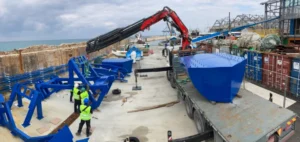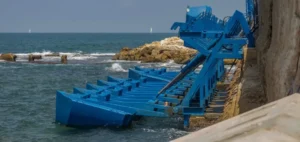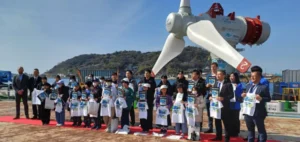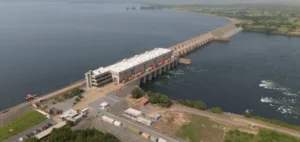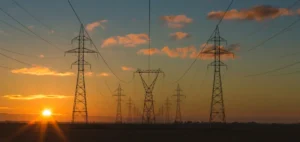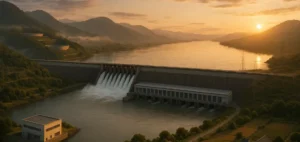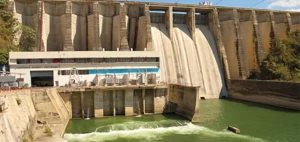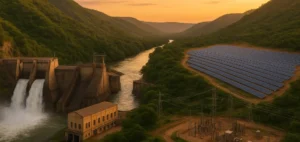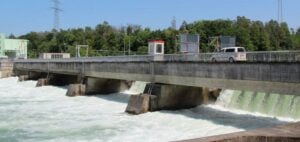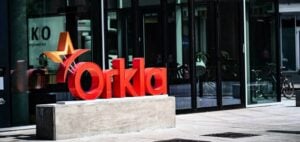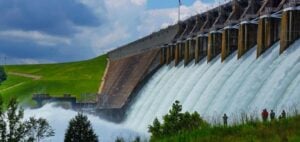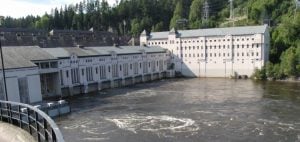AltaSea at the Port of Los Angeles is home to an Eco Wave Power energy conversion unit, formerly deployed in Gibraltar.
Technology transfer
AltaSea at the Port of Los Angeles is hosting an energy conversion unit as a pilot station for the coming months. This is the first U.S. location for this technology, already present in Israel. It is also currently being deployed in Spain, Portugal and Turkey.
Eco Wave Power has a project pipeline of 404.7MW. Eco Wave Power signed a collaboration agreement with AltaSea in early 2022. The conversion unit will be relocated to the AltaSea campus in the Port of Los Angeles.
With AltaSea, Eco Wave Power takes another step towards bringing innovative wave technology to the United States. The Inflation Reduction Act (IRA) focuses on bringing new renewable energy sources online. It includes a $369 billion investment in climate and energy programs.
A scientific partnership
Inna Braverman, founder and CEO of Eco Wave Power, says:
“This year, we’ve decided to expand our global presence, particularly in the United States, as this represents an incredible opportunity for growth. This is just the beginning in the United States. Moving the station from Gibraltar to Los Angeles in just a few months shows another strength of our technology: we are one of the only portable renewable energy technologies that can be easily transported, from one country to another, to meet the energy needs of any country.”
The United States is a strategic market, with 95,000 miles of coastline and over 128 million Americans living in coastal counties. According to the US Energy Information Administration, wave energy could generate significant electricity.
This would represent the equivalent of around 66% of all electricity generated across the country in 2020. AltaSea at the Port of Los Angeles is a vast 35-acre non-profit center dedicated to accelerating scientific collaboration. It also helps promote the emerging blue economy through innovation and job creation.
AltaSea is the largest blue-economy research and development center in the United States. AltaSea is currently home to leading American colleges such as the University of Southern California and UCLA. Innovative technology start-ups such as Blue Robotics are also involved in the project.



